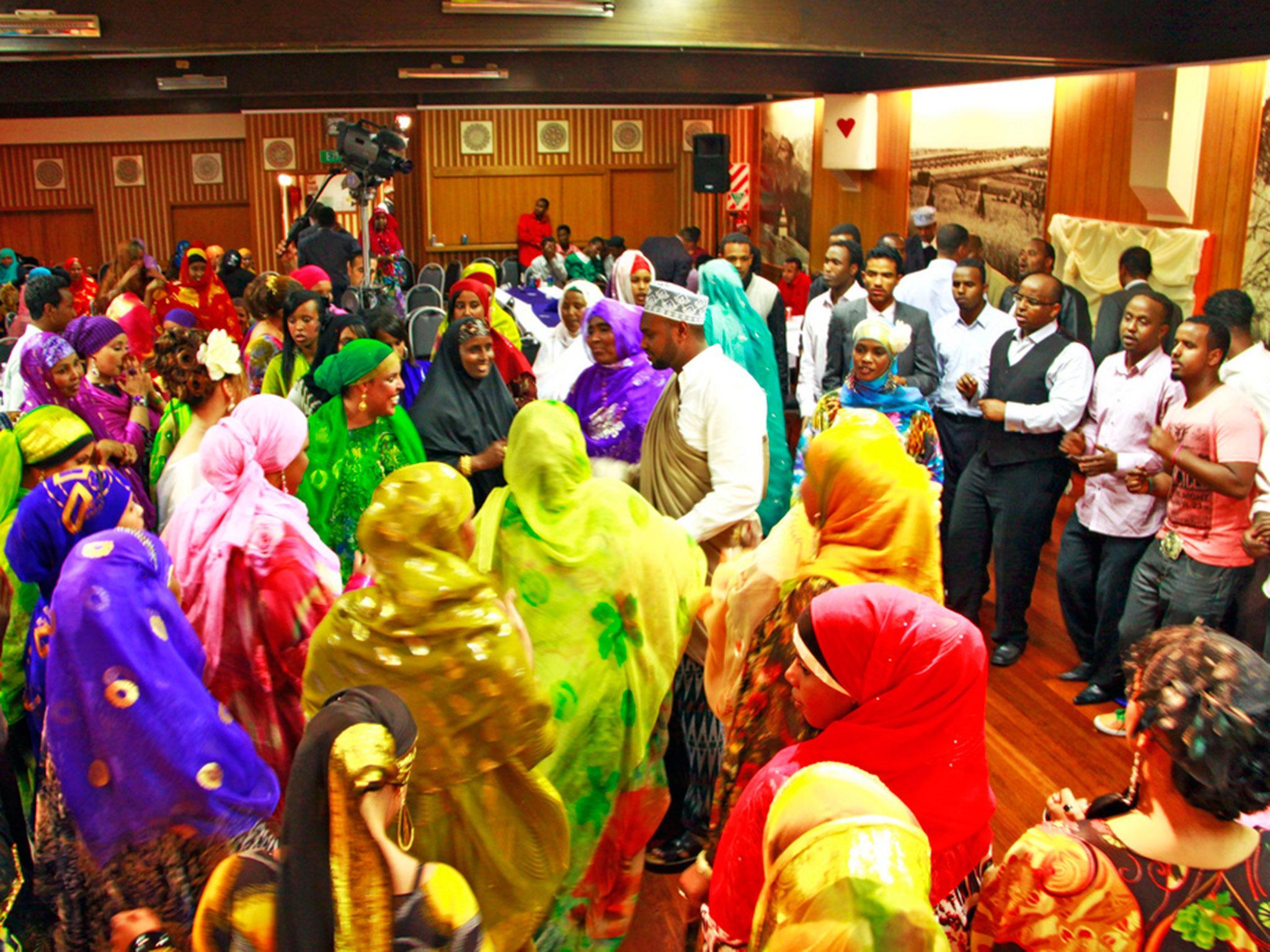Somali town bans expensive weddings in bid to reduce migration
'Young women were refusing to get married unless a fortune was spent on wedding gold and household furnishings,' says community leader

Your support helps us to tell the story
From reproductive rights to climate change to Big Tech, The Independent is on the ground when the story is developing. Whether it's investigating the financials of Elon Musk's pro-Trump PAC or producing our latest documentary, 'The A Word', which shines a light on the American women fighting for reproductive rights, we know how important it is to parse out the facts from the messaging.
At such a critical moment in US history, we need reporters on the ground. Your donation allows us to keep sending journalists to speak to both sides of the story.
The Independent is trusted by Americans across the entire political spectrum. And unlike many other quality news outlets, we choose not to lock Americans out of our reporting and analysis with paywalls. We believe quality journalism should be available to everyone, paid for by those who can afford it.
Your support makes all the difference.Extravagant weddings have reportedly been banned in a Somali town, in order to encourage young people to stay in their community.
Despite the country’s widespread poverty, Somali weddings are often lavish events, with the family of the groom often spending thousands of dollars on the bride, venue and clothing and jewellery.
Festivities can go on for up to a week.
But the south western town of Beled Hawa has now banned wedding receptions from taking place in hotels and introduced a limit of three goats to be slaughtered for the festivities.
"Islamic teachings indicated that getting married should be cheap," town commissioner Mohamud Hayd Osman told the BBC.
The town’s authorities are worried that prohibitively high costs of getting married will discourage people from staying and lead to increased migration.
Mr Osman added: “Young women were refusing to get married unless a fortune was spent on wedding gold and household furnishings.”
Consequently, a limit of $600 (£500) on home furnishings for the new couple was introduced by Mr Osman and his colleagues, which he said should be enough to buy household essential such as a double bed, basic furniture and kitchen equipment.
The price of a bride was set at $150 (£120).
Join our commenting forum
Join thought-provoking conversations, follow other Independent readers and see their replies
Comments